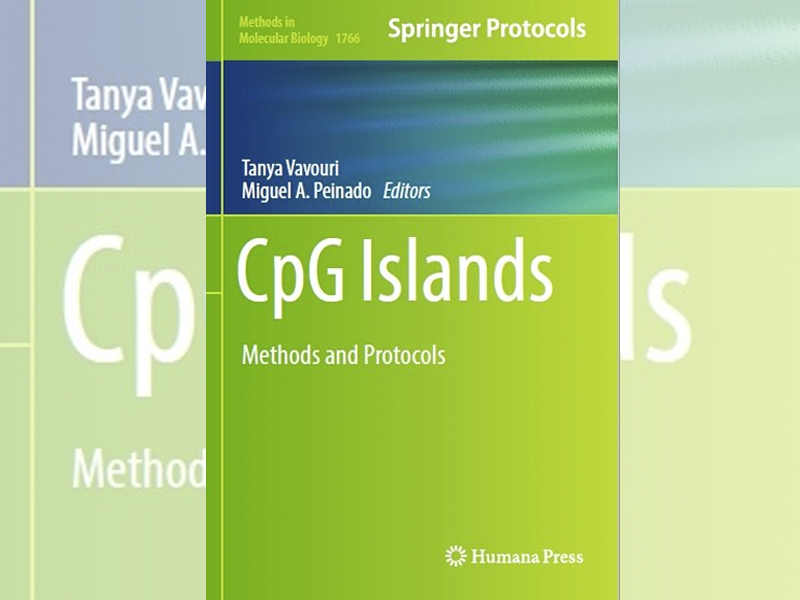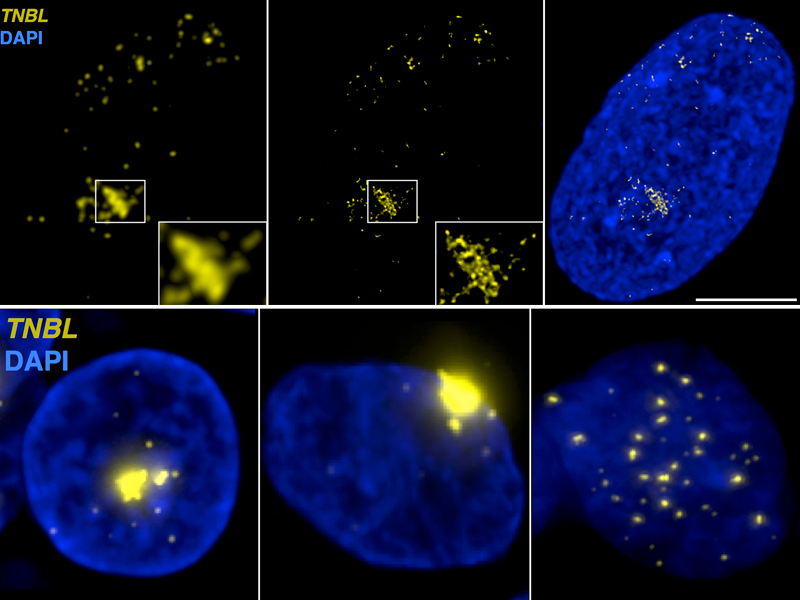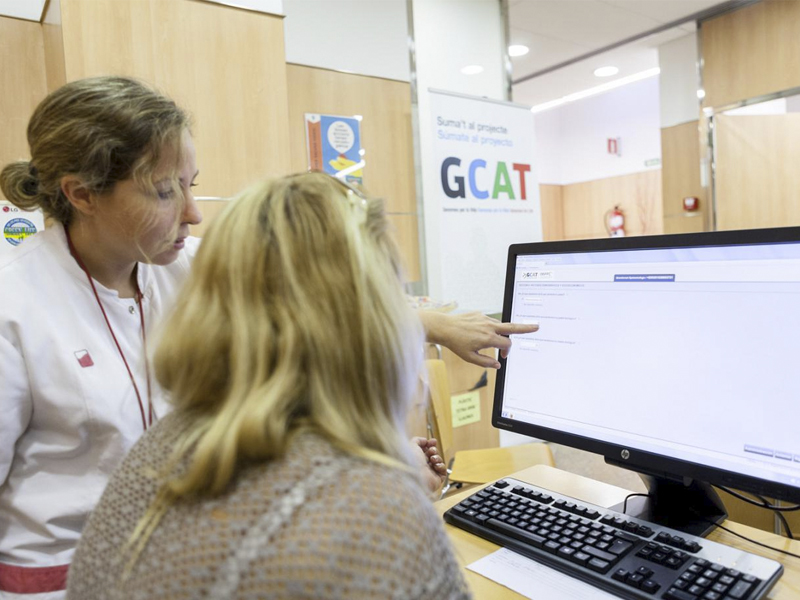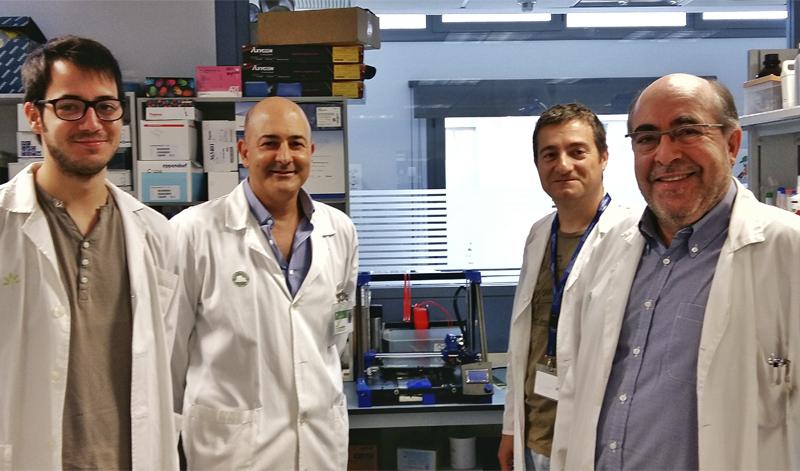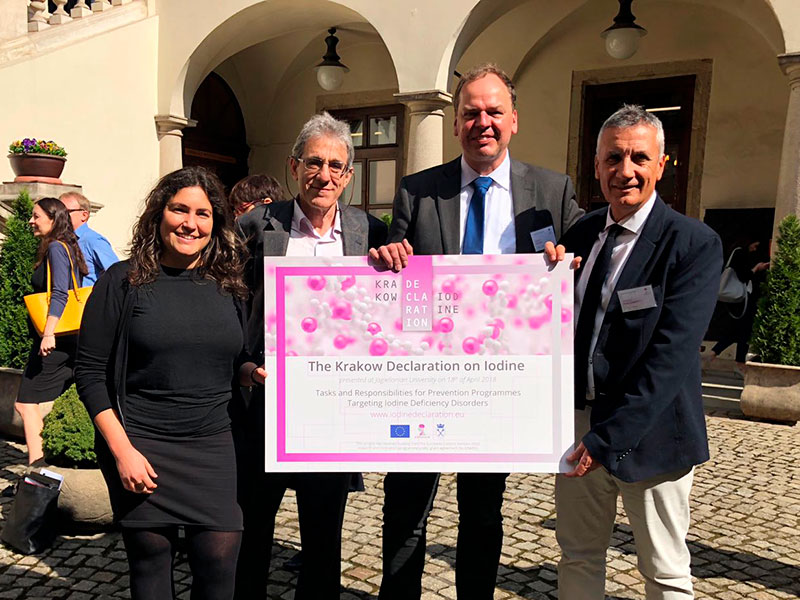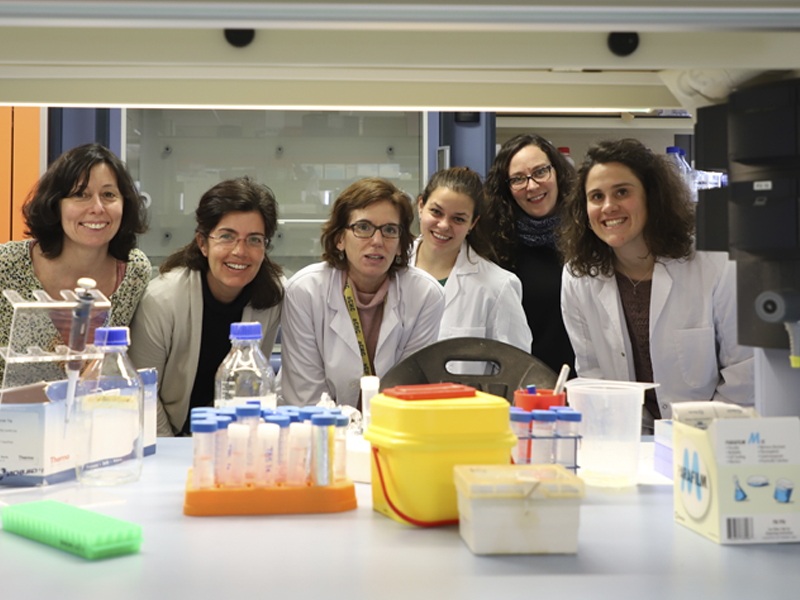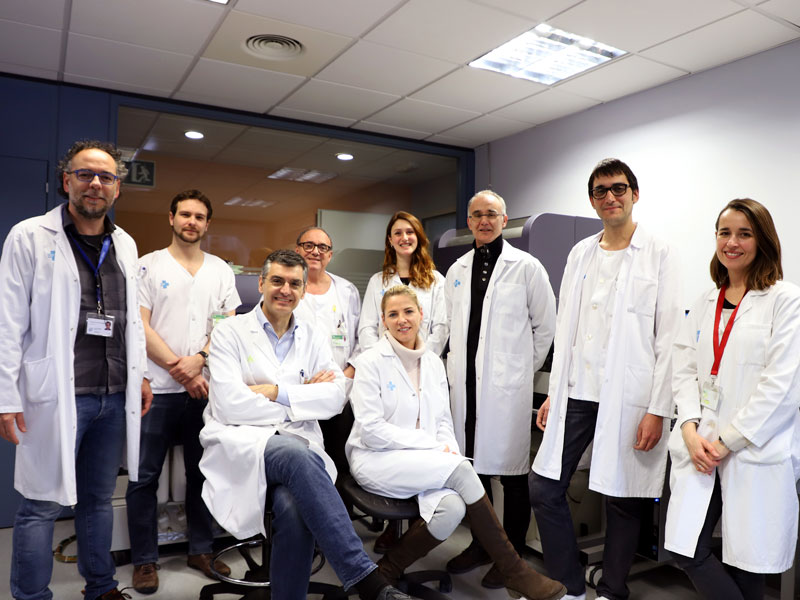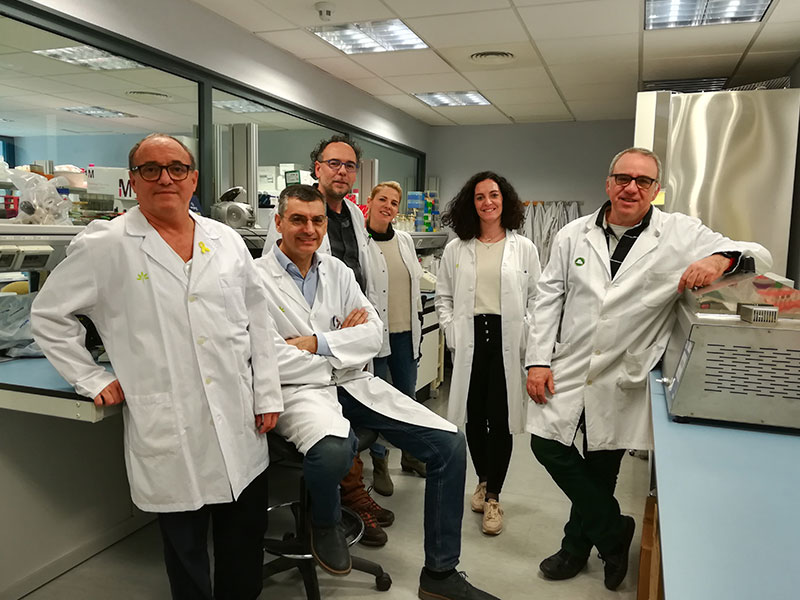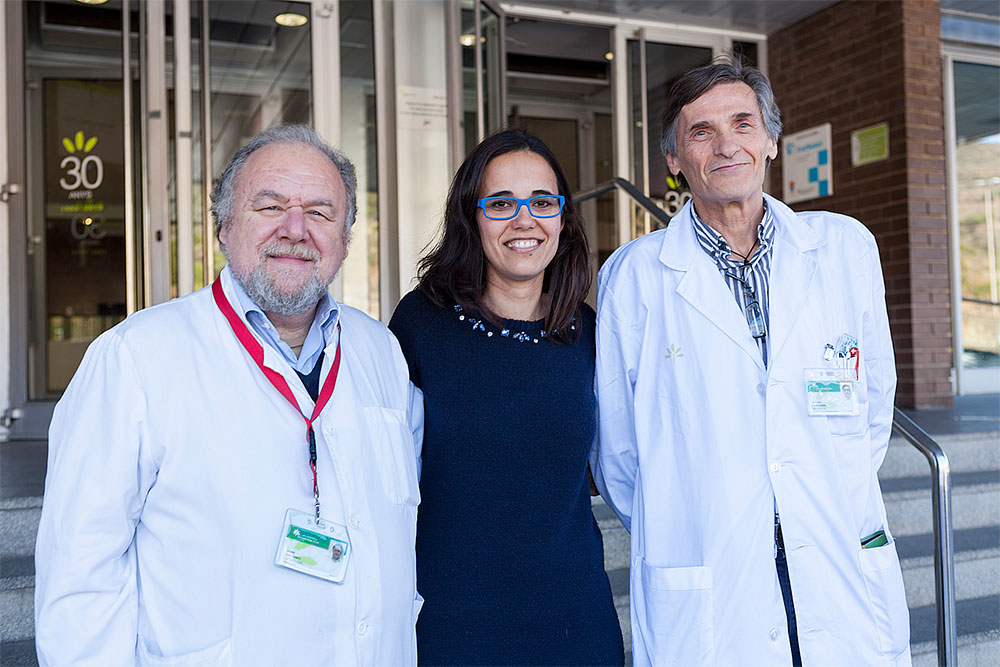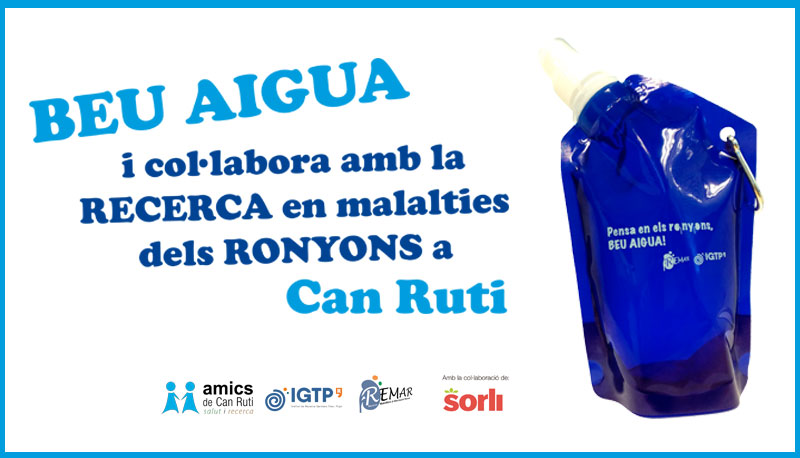Científics del PMPPC editen una guia pràctica per l’estudi de les illes CpG
Miguel Angel Peinado and Tanya Vavouri from the Program for Predictive and personalized Medicine of Cancer (PMPPC) have edited a new handbook of laboratory methods for epigeneticists; CpG Islands: Methods and Protocols in the authoritative series Methods in Molecular Biology published by Springer Nature.
